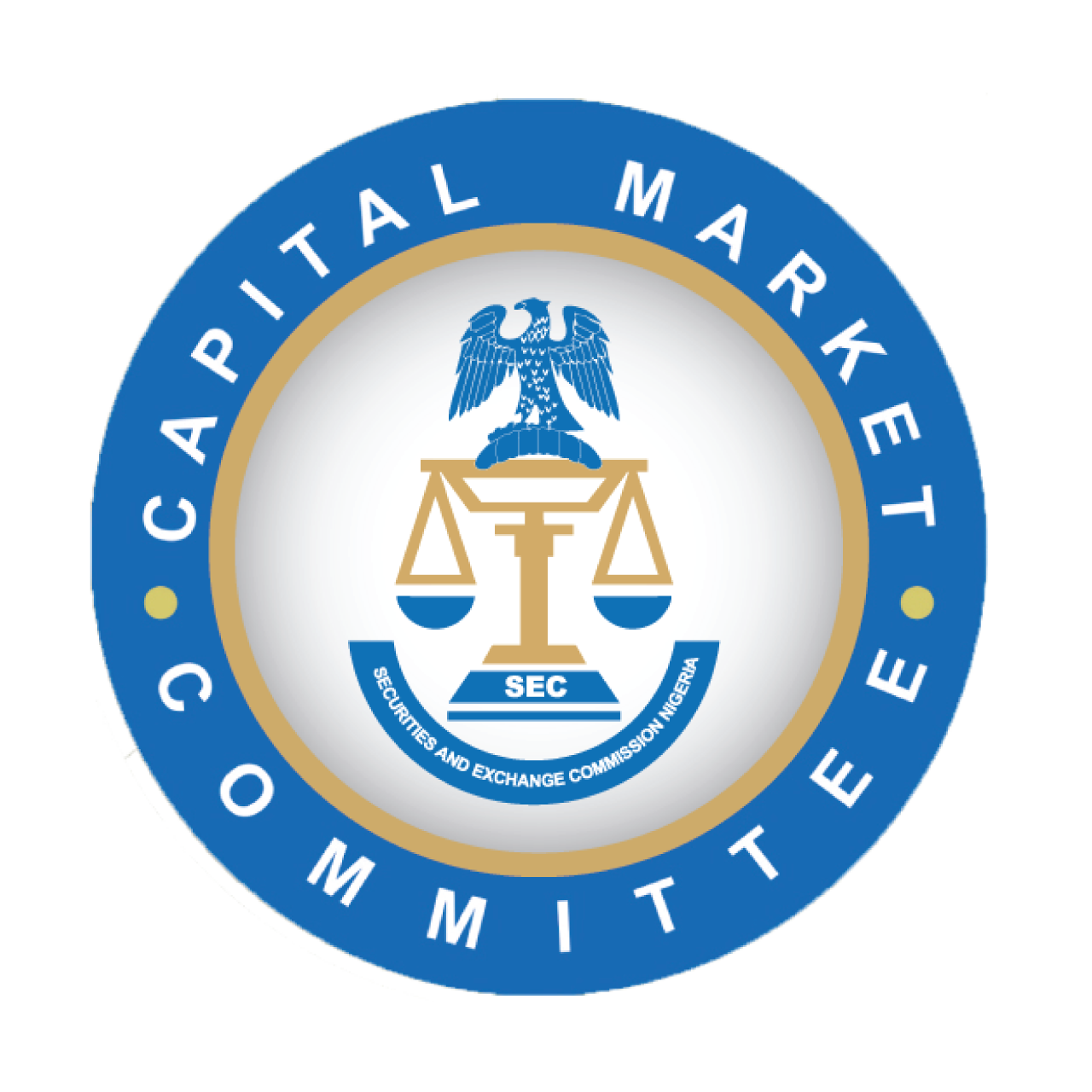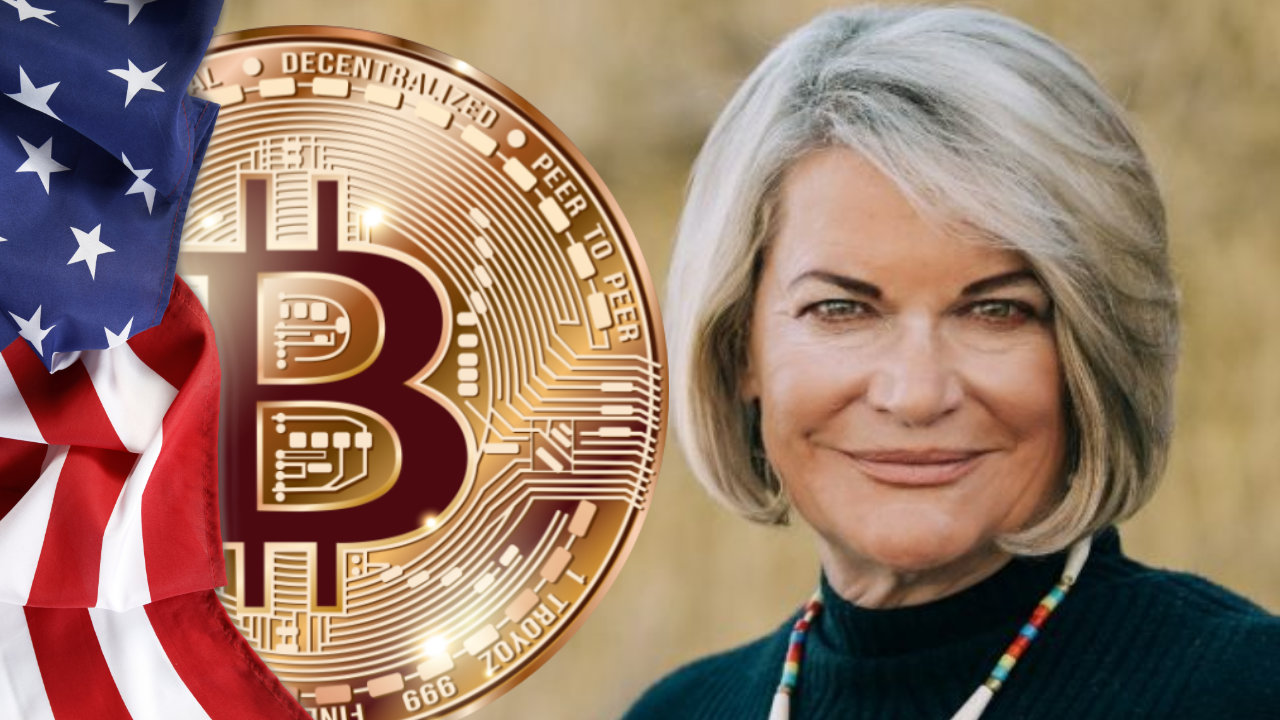Nigerian regulators can establish a more customized regulatory framework that reflects the distinctive characteristics of these digital assets by treating Bitcoin and Ether as commodities
In light of a recent court judgment in Illinois that classified Bitcoin and Ether as commodities, Nigerian stakeholders are advocating for the Nigerian Securities and Exchange Commission (SEC) to implement a comparable regulatory framework.
The demand for clarity and accurate classification is a response to the growing influence of cryptocurrencies in the global financial environment. In an interview with Cointelegraph, Lucky Uwakwe, chairman of the Blockchain Industry Coordinating Committee of Nigeria (BICCoN), underscored the significance of precisely delineating the category of crypto assets.
Clear guidelines are required.
The chairman stated that this method would offer creators explicit instructions regarding the appropriate regulatory bodies to contact.
“The Nigerian SEC should consider establishing regulations that either define the asset class of crypto assets or subdivide the respective crypto into asset classes. Additionally, the public should be informed of the criteria by which such crypto assets qualify to be classified as securities or commodities,” he stated.

Uwakwe noted that the classification of specific crypto assets could be altered by the distinction between proof-of-stake (PoS) and proof-of-work (PoW) protocols, even though the US SEC and the Commodity Futures Trading Commission (CFTC) concur that Bitcoin and Ether are commodities.

However, the Commodity Board in Nigeria has historically prioritized physical commodities, such as cash crops and agricultural products, and has demonstrated minimal public interest in digital commodities.
Support for the examination of cryptocurrencies by individuals
Oladotun Mr. Wilfred Akangbe, the chief marketing officer of Flincap, a platform for African over-the-counter crypto exchanges, emphasized the multifarious nature of cryptocurrency and the diverse interests of numerous Nigerian governmental bodies, such as the CBN, SEC, FIRS, and NSA.
Akangbe observed that “fundamental cryptocurrencies like Bitcoin and Ethereum have become highly valuable commodities to the extent that assets are priced in them.” He emphasized the necessity of unique regulatory strategies for Bitcoin and Ethereum compared to other cryptocurrencies.
Akangbe recommended that the SEC prioritize using cryptocurrencies as fundraising instruments, including initial coin offerings (ICOs). Rume Ophi, an additional local crypto analyst, contended that each cryptocurrency is distinctive and should be examined individually to ascertain whether it is classified as a security or commodity.
Nigeria is eager to establish a comprehensive regulatory framework for digital assets, and stakeholders’ recommendations are essential. The Nigerian SEC can promote innovation and ensure regulatory compliance by treating Bitcoin and Ether as commodities, thereby establishing the market with clarity and stability.



